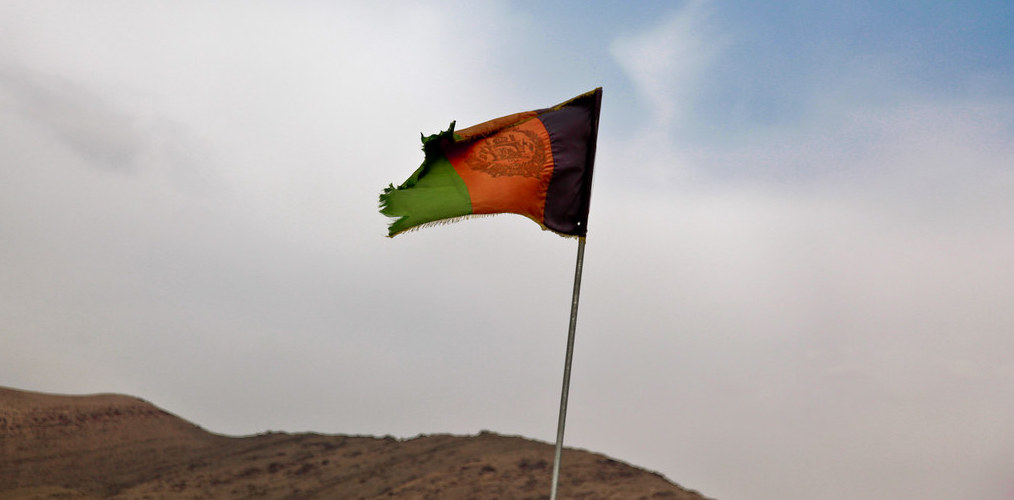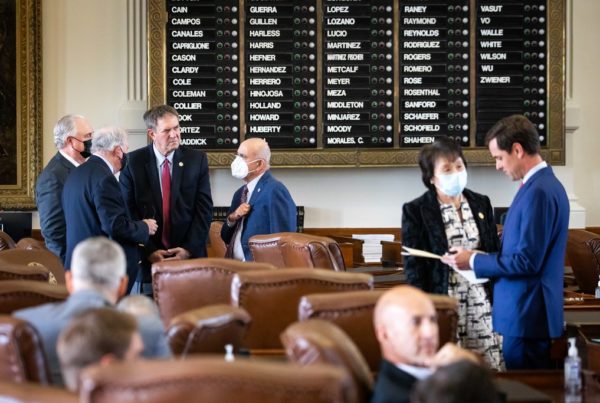Evacuations continue at Hamid Karzai International Airport in Kabul, Afghanistan, after two bombings on Thursday killed 13 American service members and dozens of Afghans, and injured dozens more.
The United States has until Aug. 31 to complete an evacuation of citizens and allies, as part of an original agreement struck by former President Donald Trump that President Biden is carrying out. That agreement includes cooperation with members of the Taliban, the extremist Islamist movement that retook Afghanistan after American troops began to leave.
The Taliban agreed to facilitate evacuations, though University of Texas at Austin foreign policy expert Jeremi Suri says the Taliban make “strange bedfellows” with the United States. It’s a temporary alliance since the Taliban is trying to keep its own enemies at bay, including a faction of the Islamic State – the group that claimed responsibility for Thursday’s attacks.
“We do not have a long-term friendly relationship with [the Taliban]; we have a relationship of convenience. The most important thing to know is that the Taliban sees ISIS as an enemy, not as a friend,” Suri, a professor of history and public affairs at the LBJ School and the Department of History at UT, told Texas Standard.
The faction of the Islamic State that claimed responsibility Thursday is known as ISIS-K, or the Islamic State in Iraq and Syria – Khorasan Province. Suri says it’s a “franchise” that’s funded and operated by the larger ISIS network, whose members likely aren’t from Afghanistan. ISIS formed after the U.S. occupation of Iraq in the early 2000s.
Present Biden pledged to “hunt down” whomever was responsible for the attacks, which to many was reminiscent of President George W. Bush’s response after the attacks on 9/11. But Suri says such an effort will likely be much different than it was 20 years ago, when the United States invaded Afghanistan and later declared war on Iraq. He expects more counter-terrorism efforts like drones and intelligence operations moving forward, rather than “boots on the ground.”
As the United States continues to try to evacuate thousands of people still eligible and waiting, Suri says it’s clear America is in the midst of a reckoning about its role in the Middle East.
“I think the last 20 years have been humble pie for many of us. American soldiers and American leaders and American citizens have done extraordinary things to try to make our world safer. But what we have learned is that it is very difficult to operate in a country like Afghanistan, very difficult to really bring about the change we want to see. And we should recognize the limits of what we can do in countries like that,” he said.













